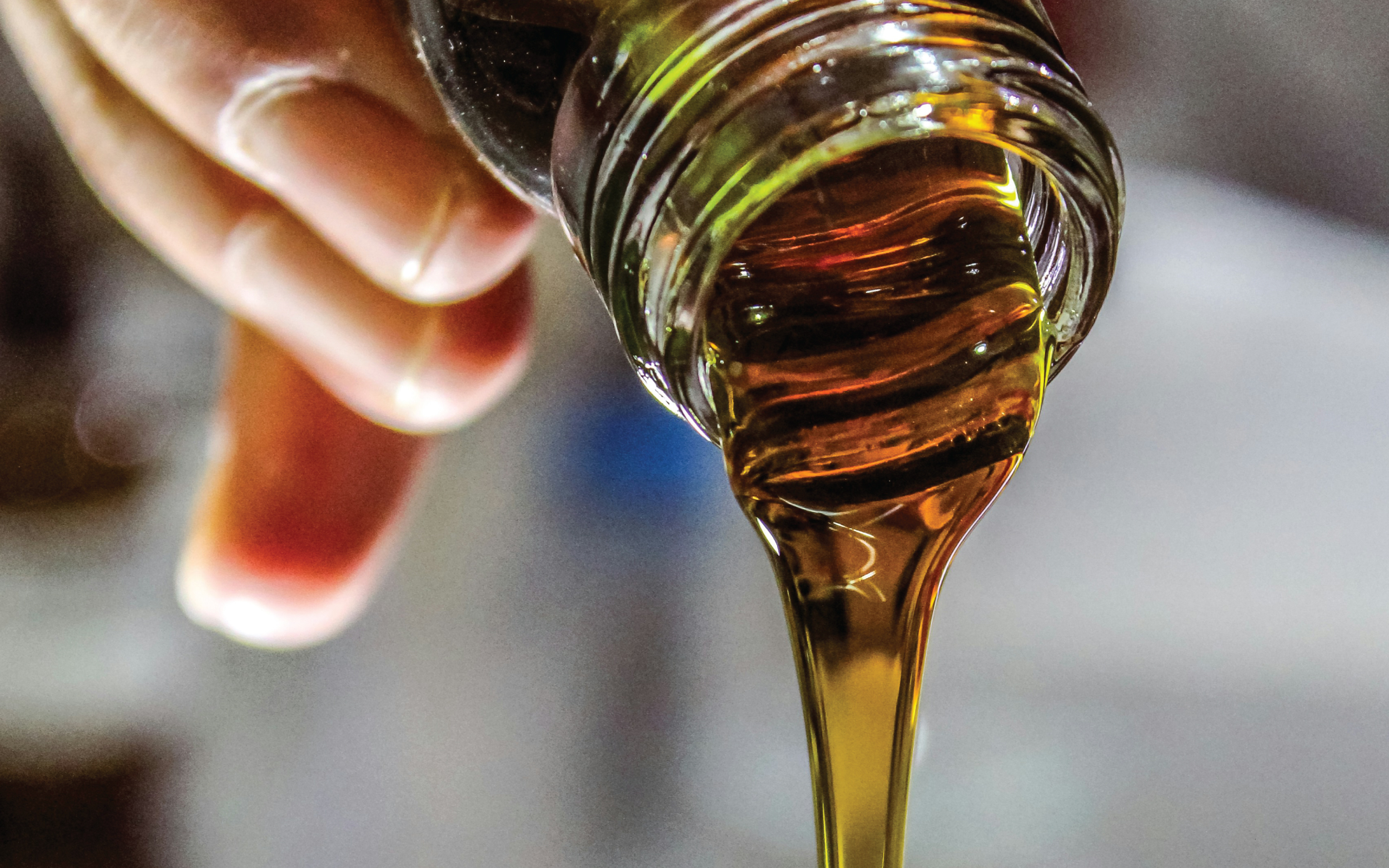The microbes, like those we know and love for rising bread and brewing beer, but of distinct strains, could soon also help produce our cooking oils and cosmetic creams. Yeasts are piquing the interest of scientists and industries as they search for more sustainable sources of oil and fat—also known as lipids.
At the A*STAR Singapore Institute of Food and Biotechnology Innovation (A*STAR SIFBI), researchers like Melanie Weingarten, Co-Head of the Institute’s Biotransformation and Engineering Division; former Senior Scientist II Christoph Ottenheim; and Scientist Sze Ying Lee are exploring how oleaginous (fat-producing) yeast species can be leveraged to meet rising demand for lipids across various industries, including food and chemicals.
“Advances in synthetic biology and bioprocessing technologies are set to make yeast-based lipid production cheaper, faster and more sustainable, potentially transforming industries worldwide,” the researchers said.
A recent critical review of the field by Weingarten, Ottenheim and Lee highlighted the latest promising yeast strains known to produce ‘bulk’ lipids similar to animal fats, cocoa butter and other common base ingredients in food and cosmetics; as well as other strains that produced ‘high-value’ lipids, such as omega-3 fatty acids, for medical or nutraceutical products.
The researchers also noted that with the right downstream approaches, oleaginous yeasts could be raised on agricultural residues, food waste and other industrial byproducts, turning cheap and normally discarded materials into valuable ones: a step forward for waste reduction and resource reuse in a circular bioeconomy.
“For example, in collaboration with INRS Canada, A*STAR SIFBI researchers previously developed yeast-derived fats that mimic pork fat using Cocoa Fatty Acid Distillate (CFAD)—a byproduct of cocoa butter production—and adaptive evolution techniques,” said Weingarten. “Breakthroughs like these could improve the taste and texture of plant-based protein products, making them more appealing to consumers.”
With ongoing advancements in yeast strain engineering, waste material utilisation and process optimisation, yeast lipids are poised to redefine how fats are produced. However, like many innovations, they also face challenges in scaling up production while keeping costs competitive, as well as gaining regulatory approval and consumer acceptance.
Collaboration between academia and industry, clear regulatory frameworks and robust safety standards will be critical to realising the full potential of yeast lipids. The researchers noted that the field is currently focused on improving fermentation efficiency and lipid extraction techniques, aiming to ensure its products not only meet, but exceed the quality and safety standards of their mainstream alternatives.
“Yeast derived-lipid production offers a significant advantage over traditional sources, such as palm oil, that are linked with deforestation and greenhouse gas emissions,” the researchers added. “However, we’ve seen few in-depth evaluations—sustainability analyses, life cycle assessments or otherwise—on its environmental impact. We need more of such studies on both existing and new processes to ensure that we don’t unintentionally create greater environmental challenges.”
The A*STAR-affiliated researchers contributing to this research are from the A*STAR Singapore Institute of Food and Biotechnology Innovation (A*STAR SIFBI).








